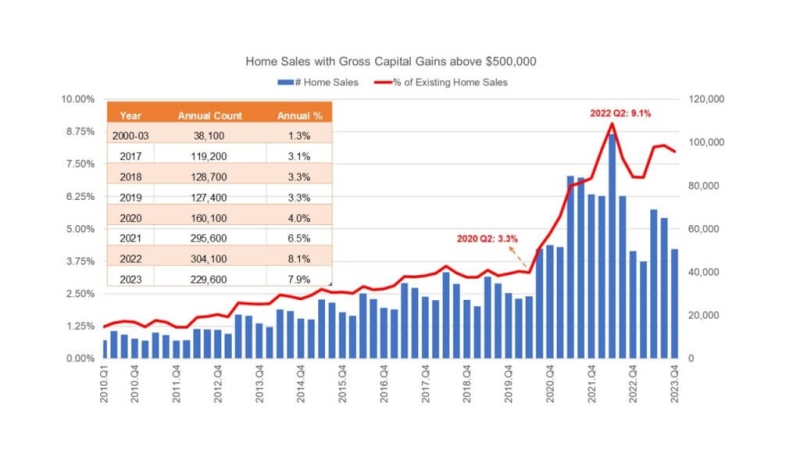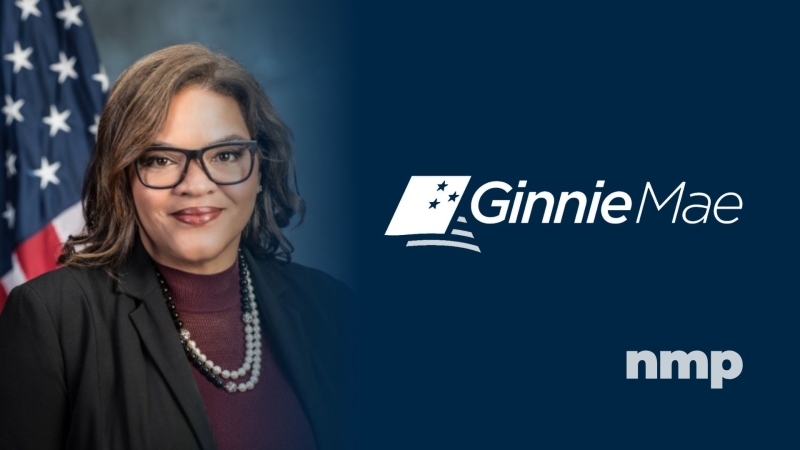Advertisement
Are Third-Party-Paid Fees Included in High-Cost Determinations?

More than a month after the January 2014 implementation date of the Dodd-Frank Act’s rules, many in the industry still have questions about how fees and charges paid by a third-party (a third-party is a party other than the lender and the borrower), including the seller, should be treated for the purposes of calculating Section 32 and Qualified Mortgage (QM) total points and fees.
In September of 2013, the Consumer Financial Protection Bureau (CFPB) issued a final rule amending, among other things, the Official Staff Interpretation (the “Commentary”) for Section 32. A comment was added for paragraph 1026.32(b)(1) that states, “Under §1026.32(b)(1), points and fees may include charges paid by third parties in addition to charges paid by the consumer. Specifically, charges paid by third parties that fall within the definition of points and fees set forth in §1026.32(b)(1)(i) through (vi) are included in points and fees (emphasis added). In calculating points and fees in connection with a transaction, creditors may rely on written statements from the consumer or third party paying for a charge, including the seller, to determine the sources and purpose of any third-party payment for a charge.” The Commentary then goes on to provide examples of charges that would, or would not, be included in points and fees.
Based on the language in the Commentary, then, the answer to the question, “Are seller-paid and other third-party-paid fees included when calculating Section 32 and QM total points and fees?” isn’t a simple “Yes” or “No.” Before deciding whether to include a specific fee or charge paid by a third-party, one must first determine whether or not that fee or charge “falls within the definition of points and fees” found in Section 1026.32(b)(1).
The following analysis may help in determining which third-party-paid fees and charges to include or exclude:
►Paragraph 1026.32(b)(1)(i) includes in the definition of points and fees “all items included in the finance charge under 1026.4(a) and (b)”, with specific exclusions. Because such charges are not included in the finance charge when paid by a third-party, they should be excluded from the calculation of total points and fees.
►1026.32(b)(1)(ii) through (vi) provide that specific charges that are not part of the finance charge are, nevertheless, included in points and fees. Comment 32(b)(1)-2 states that “charges paid by third parties that fall within the definition of points and fees set forth in 1026.32(b)(1)(i) through (vi) are included in points and fees.” Accordingly, these charges should be included in points and fees when paid by a third-party.
Also, please note that the requirement for including fees and charges paid by a third-party or explicitly by the seller in state high cost tests may be different from federal requirements.
Melanie A. Feliciano Esq. is DocMagic Inc.’s chief legal officer and currently serves as editor-in-chief of DocMagic’s electronic compliance newsletter, The Compliance Wizard. She received her JD from the Georgetown University Law Center, and is licensed in California and Texas. She may be reached by phone at (800) 649-1362 or e-mail [email protected].
About the author





